In the dynamic real estate market of the United Arab Emirates (UAE), understanding rent policies and settling conflicts are essential to making transactions go well for landlords and tenants. All parties involved must comprehend the subtleties of rental agreements and the legislative framework controlling them because of the wide variety of available properties and the market’s changing nature. This in-depth guide will answer often-asked questions and worries about rental procedures in the United Arab Emirates, including issues with sublease fees, agency requests, and notices of rent increases
● We examine the subtleties of this topic in this introductory investigation, looking at industry standards, legislative frameworks, and cultural norms that influence the dynamics of rent negotiations in the United Arab Emirates.
● We aim to clarify the nuances surrounding this practice and offer insights into the larger context of real estate transactions in the area by comprehending the viewpoints of renters, landlords, and real estate brokers.

Do Agents Usually Ask For Gifts In Exchange For Helping Negotiate Rent?
Real estate agents usually help with the renting process by arranging to sign contracts and collect checks between renters and landlords. Although some brokers can insist on receiving the rent in full before issuing a signed leasing agreement, this is only sometimes the case. Requesting presents or money in exchange for negotiating a rent reduction is neither customary nor typical. Transactions can occur in various methods, even if multiple nations have distinct business traditions, as long as all parties follow the proper paperwork and processes. Different agencies may have additional transaction requirements, but a seamless process depends on following the appropriate paperwork and guidelines.
Notification Of Rent Increases The Timing And Legitimacy Of
According to legislation, tenants have the right to know about planned rent increases from landlords at least ninety-nine days before the tenancy agreement ends. It appears insufficient that your landlord should have offered more details, such as the exact amount of the rent increase, even if they gave notice within this time limit.
On the other hand, according to RERA laws and the legitimacy of the proposed increase according to rental value certificates, the rent increase can proceed upon renewal as long as the notification is delivered within the appropriate period.

Handling Requests For Rent Increases And Sub-Lease Fees
It could appear ambiguous if your landlord requests an increase in rent without stating the desired amount to understand your rights and alternatives, it is essential to consult the Rent Dispute Settlement Committee (RDSC). If required, the RDSC can clarify the landlord’s actions’ reasonableness and advise on possible legal remedies. It might be helpful to have legal counsel on the Dubai Real Estate Corporation (DREC) charges sub-lease costs, as the sub-lease rules might need to be sufficiently specific to offer precise assistance.
To Sum Up!
Navigating rental policies and conflicts in the UAE real estate market might be difficult. While some behaviors—like asking for presents in exchange for a favorable rent negotiation—might be unusual, knowing your rights and consulting with the appropriate authorities—like the RDSC—can aid in the successful resolution of conflicts. Ensuring equitable and transparent rental agreements for landlords and renters alike requires effective communication and strict respect for legislation.

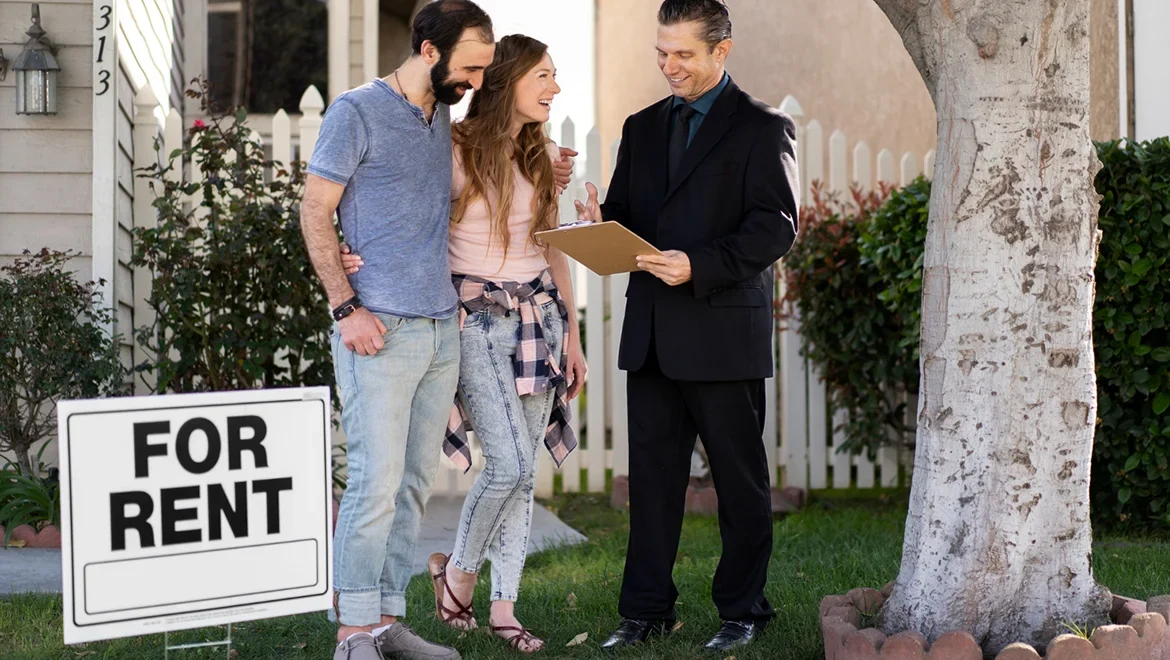

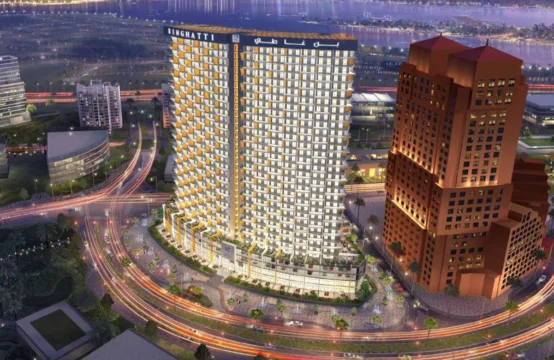

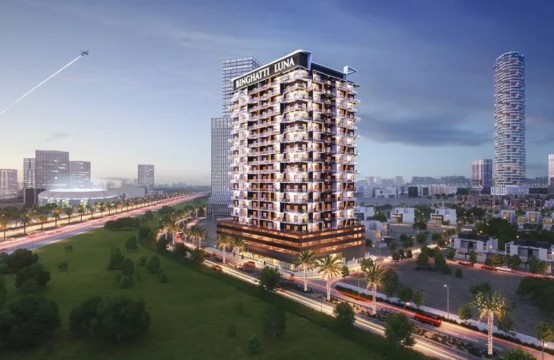
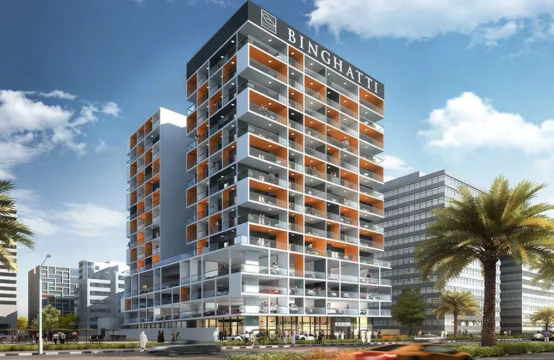
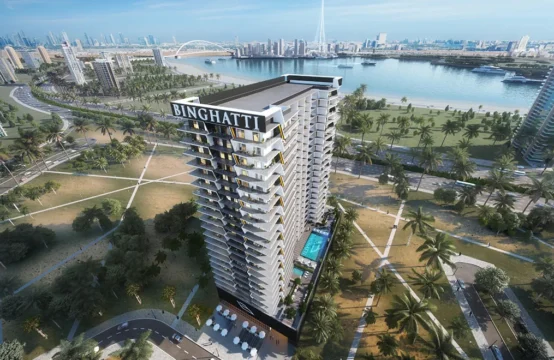
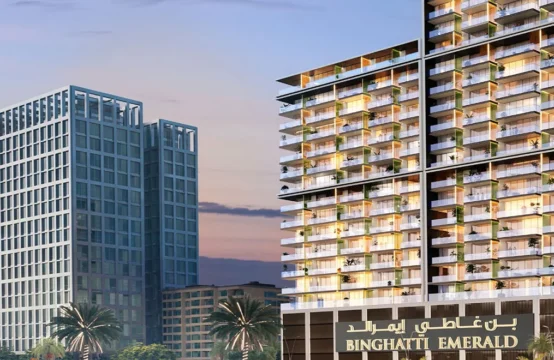
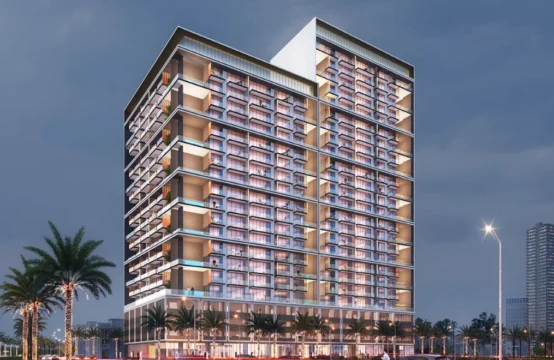
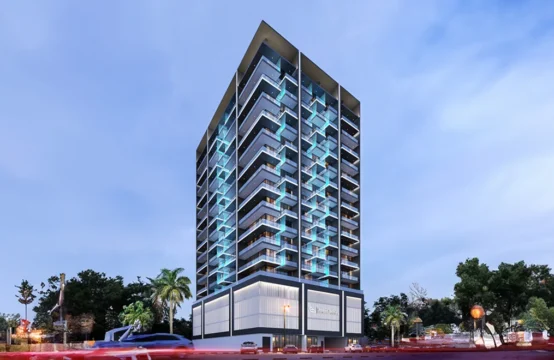
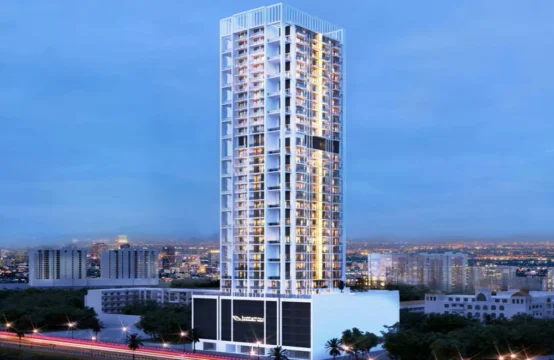
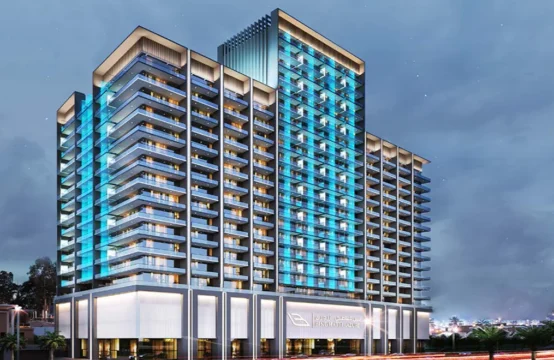
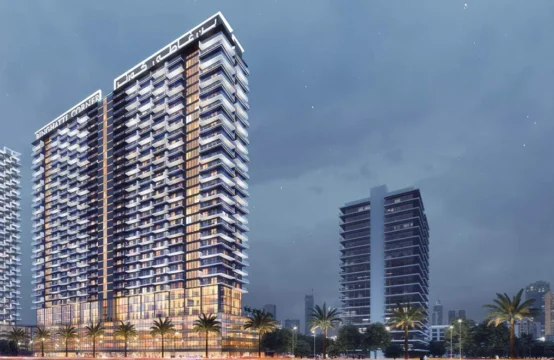
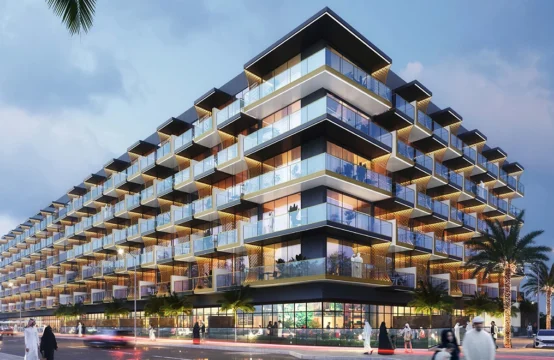
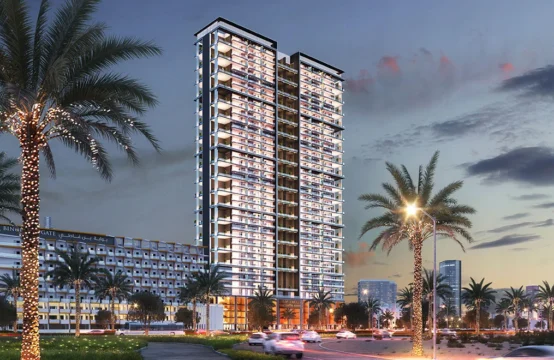
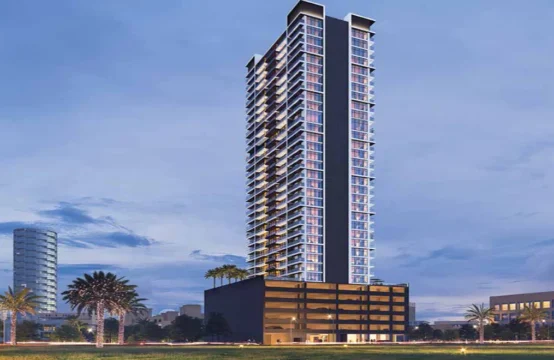
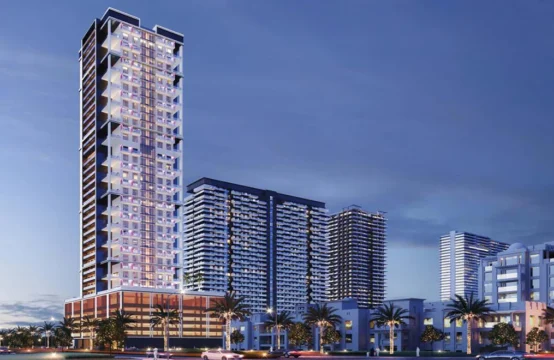
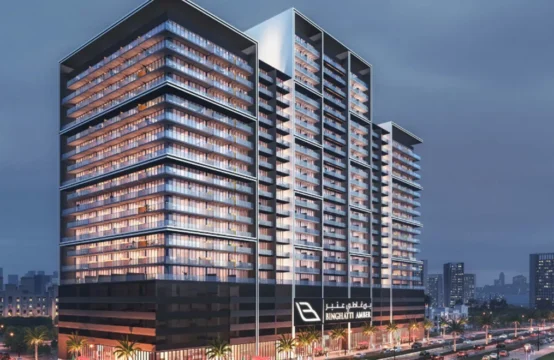
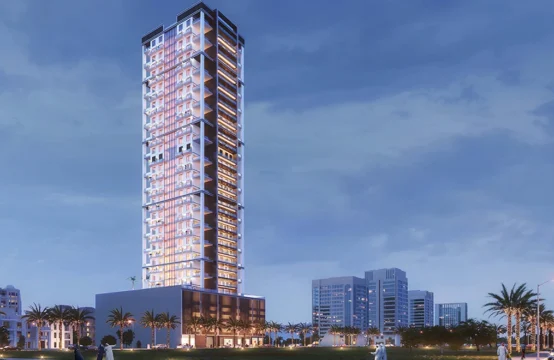


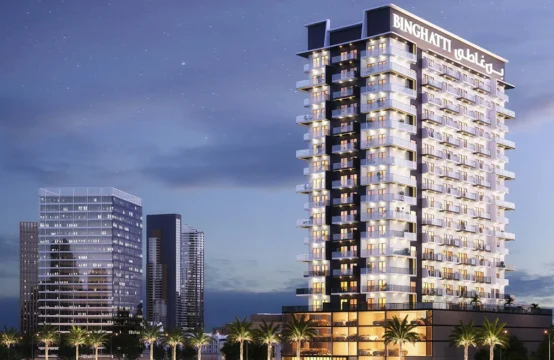
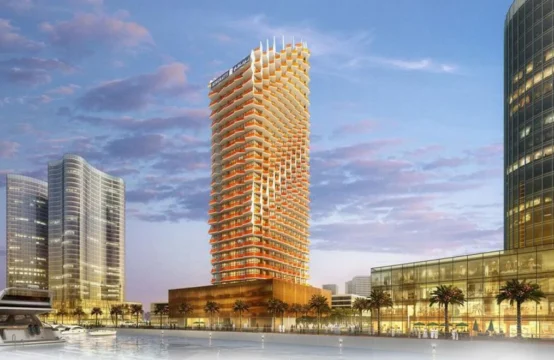



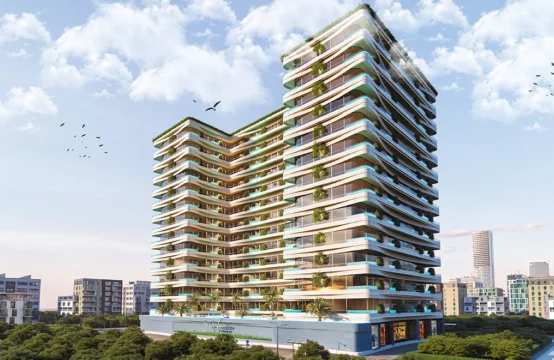


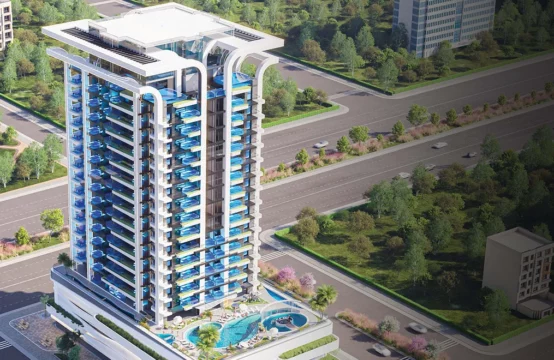


Comments (0)